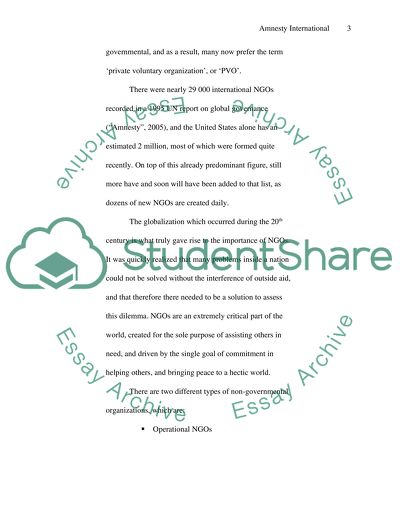Cite this document
(“Human Rights NGO Essay Example | Topics and Well Written Essays - 5500 words”, n.d.)
Retrieved from https://studentshare.org/sociology/1534005-human-rights-ngo
Retrieved from https://studentshare.org/sociology/1534005-human-rights-ngo
(Human Rights NGO Essay Example | Topics and Well Written Essays - 5500 Words)
https://studentshare.org/sociology/1534005-human-rights-ngo.
https://studentshare.org/sociology/1534005-human-rights-ngo.
“Human Rights NGO Essay Example | Topics and Well Written Essays - 5500 Words”, n.d. https://studentshare.org/sociology/1534005-human-rights-ngo.


